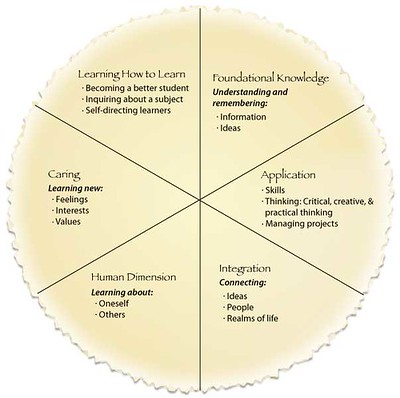All of the talk about ChatGPT has me thinking about why we ask students to write in the first place.
Certainly, most of the alarm considers the implications for writing as a communicative act, in which students relay to us what they know and how well they know it. What sometimes gets overlooked is the way that we assign writing as a way to learn. This kind of writing happens when we ask students to elaborate on some concept, making connections with their own knowledge and experience. It also happens when we ask them to clarify their thoughts or their feelings on some subject they may have only dimly considered.
When students write–and this goes for most of us educators, as well–they often “twice”, or, let’s say, in two broad stages of a writing process. They write once for themselves, to clarify their own thoughts and feelings, and then once, again, for their reader, to organize and present it in a cogent and rhetorically appropriate way. The anxiety about ChatGPT should be not so much about how it will lead to writers misrepresenting their work as it should be about that way that would-be-writers may forego altogether the all-important work of this first phase of composition.
Reflecting on all of this talk of writing, I was reminded of composition theorist Nancy Sommers and her classic 1982 essay “Responding to Student Writing.”
Sommers and her colleagues took instructor feedback, the actual scribbles of instructors in the margins of essays submitted by their students, as the object of study. The findings are fascinating. They demonstrate that the feedback of instructors relay not just directives or corrections, but larger messages and often unstated ideas about why students are being asked to write in the first place. In many cases, those messages are muddled and even contradictory, revealing that the question of why we ask students to write and what students are supposed to do with our feedback are not always clear to us or our students.
Though foundational to my field, the ideas of the essay are still relevant to instructors who assign and comment on writing today.



